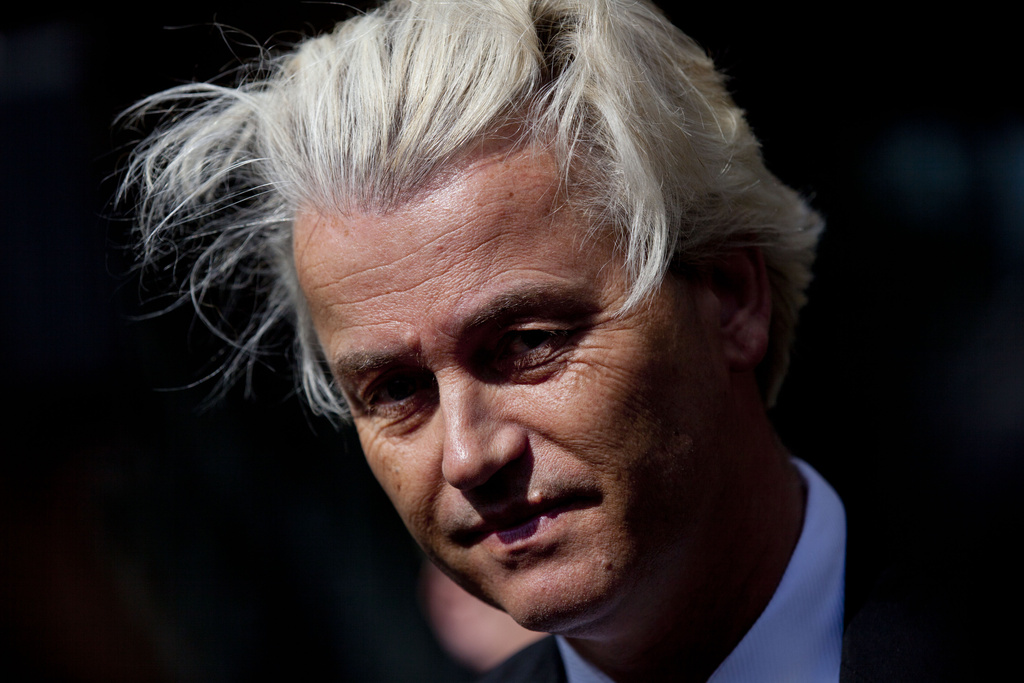The anti-migration PVV led by Geert Wilders has more than doubled its support and won a quarter of the popular vote, placing it well in front of the center-left coalition led by Frans Timmermans and the liberal-conservative VVD who had ruled Holland for over a decade.
The biggest losers seem to be the farmers’ party, BBB, which had won 20 percent in local elections but now polled just 5 percent, although the party could find itself in a future coalition.
The Dutch electoral system is purely proportional with no electoral thresholds, which means that in a parliament of 150 seats, a party only requires 0.67 percent to get representation. It’s no surprise then that Holland is very much a multi-party democracy, with voters having lots of options to choose from.
Just a few weeks ago, it seemed as if the VVD, Franz Timmermans, and the new centrist party led by Pieter Omtzigt were competing for the top spot. Wilders came from behind as the dark horse, a veteran of Dutch politics who for years has been the main force on the hard-right.
Thanks to successful debating and the potency of the migration issue, Wilders managed to beat his previous top score of 24 seats in 2010 by 13, and it looks as if he could hold a monopoly on the hard right vote that had been challenged by Thierry Baudet and the BBB.
Wilders’ comeback is music to the ears of the likes of Le Pen, Salvini, Vox, and the AfD in Germany. Poland’s Confederation party is not so glad, as even though they agree with Wilders in principle on migration and resisting Islam, they cannot approve of his hostility to Polish migrants.
One thing is certain. The construction of a coalition government will not be easy. Wilders is attempting a conciliatory tone in an attempt to seize the initiative from his electoral success. The other center and center-right parties now have the choice of swallowing their pride and building a coalition with him or having to work with Timmermans and the left.
Still, a European Parliamentary style of coalition excluding Wilders, which would be made up of Timmermans, centrists, liberal conservatives, and the left-leaning liberals D66, could muster a majority. The problem here will be agreeing on a candidate for prime minister. The VVD will find it impossible to swallow Timmermans, making it unlikely that such a government could be led by either VVD or Timmermans.
The era of “Teflon” Mark Rutte who became prime minister in 2010 is now over. Rutte’s wayward administration was meant to stop Wilders dead in his tracks but in the end seems to have paved the way for him to come to power. Rutte’s party has for years been trying to milk migration and security issues to cover up for their failure on social policies. In the end, this played into Wilders’ hands.
Wilders became the most credible voice of protest against the failures of the past 13 years. He may not in the end become prime minister, but he is in a far stronger position than ever before, and the European right has been given great hope ahead of the European Parliamentary elections to be held next spring.





